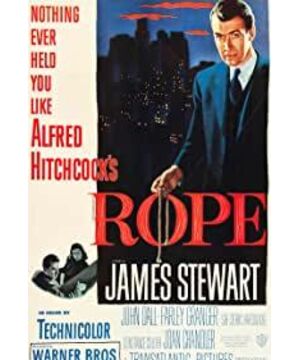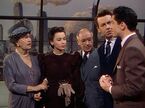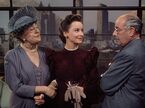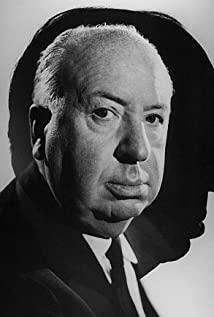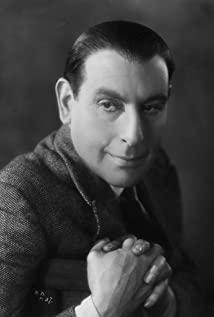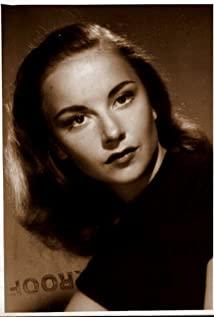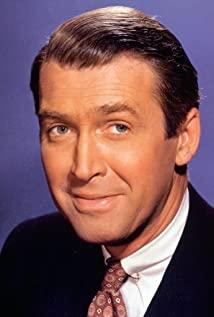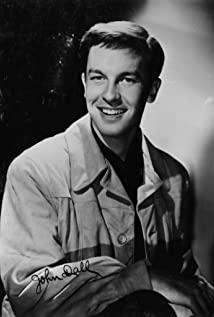1. Film as film
Except for the street scene at the beginning, the story of the whole movie takes place in one room, the space is limited and fixed, and it seems that it is not inconsistent to adapt it into a drama. But some of these shots show the artistic irreplaceability of film.
The first is the occlusion of the camera lens: the camera lens will be blocked by the character's clothes at certain critical moments, resulting in a temporary slightly glossy black screen, which makes people feel nervous. It's definitely not a good thing to come down.
The second is the separation of sound and picture. Some people are talking, but the camera is aimed at other people or things, reminding the audience of the real focus. For example, in the scene where the housekeeper removes the tablecloth and prepares to open the box to put the book, several young brothers on the side are fanning the flames and worrying about where poor David has gone, but here the camera is aimed at the housekeeper, watching her helplessly Pulling things down little by little, holding a stack of books in his hand, the box has already opened a seam - and finally closed. The layers of advancement made people's hearts hang in the throat and smashed back.
The third is close-ups and long shots. The broken wine glass cuts the hand, the murder rope binds the book, the left hand holds the lighter in the left hand and the right hand holds the gun... The psychological changes of the characters are clearly visible in the close-up shots. The long shot shows the whole process of Robert's reasoning. To be honest, I was still ignorant and ignorant of thinking, where did the piano boy stand.
There are also a few designs that amateurs can’t name: the kitchen door has not been closed tightly, and the people inside are looming between opening and closing, making the whole atmosphere more confusing; in my impression, there seem to be many triangular compositions, and the relationship between the characters is everywhere. Subtle. In the section where Robert pressed the piano brother, the chaotic piano sound and the accelerated rhythm of the metronome were superimposed together, and the uneasiness was self-evident.
2. Soul Lead "Crime and Punishment"
In "Crime and Punishment", Raskolnikov always insisted on a theory: the world is divided into two categories: extraordinary and ordinary, ordinary people can only obey orders, follow every step, and live under various secular rules, while Extraordinary people such as Caesar and Napoleon are not bound by secular standards and can cross social boundaries, redefine rules, and master power and freedom with extraordinary talent and courage. It is also driven by this theory that he kills the old woman who lends money, just as Brandon kills David in the movie. This point of view is actually an alienation of the "superman" philosophy proposed by Nietzsche, and it has also become a scapegoat for Nazi thought in World War II.
In "Crime and Punishment", Raskolnikov finally failed to understand why he was guilty of killing the old woman who exploited the poor and was unkind to the rich. In the movie, the characters who are killed are more innocent, and Robert's generous statement also points out the sin: everyone has an equal right to life, and we as equal human beings have no right and cannot make the so-called "higher"" The distinction of "lower", the final judgment belongs to the only God and is absolutely beyond the reach of man.
What's more profound about the film is that Robert relentlessly points out that Brandon's murder was not simply sticking to his theory, but for deeper psychological reasons. The reason for this is not clearly stated, I think it is his indomitable sense of superiority. And this inspired me to re-examine Raskolnikov's motive for murder in Crime and Punishment. Did he really kill to prove himself in the theory? I'm afraid the author's embarrassing and suffocating reality in the background is the real driving force. Theory and reality, grandeur and secrecy, are intricately entwined, paving the way long before the tragedy.
View more about Rope reviews


